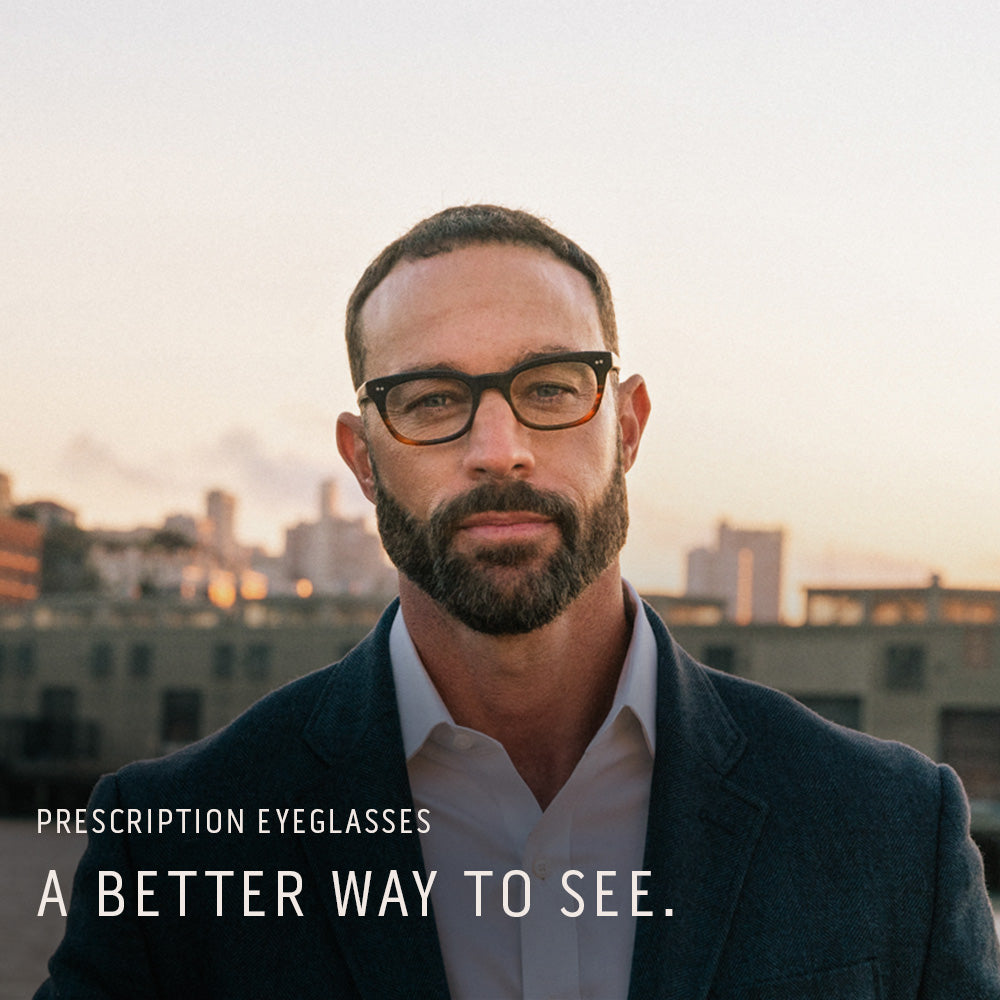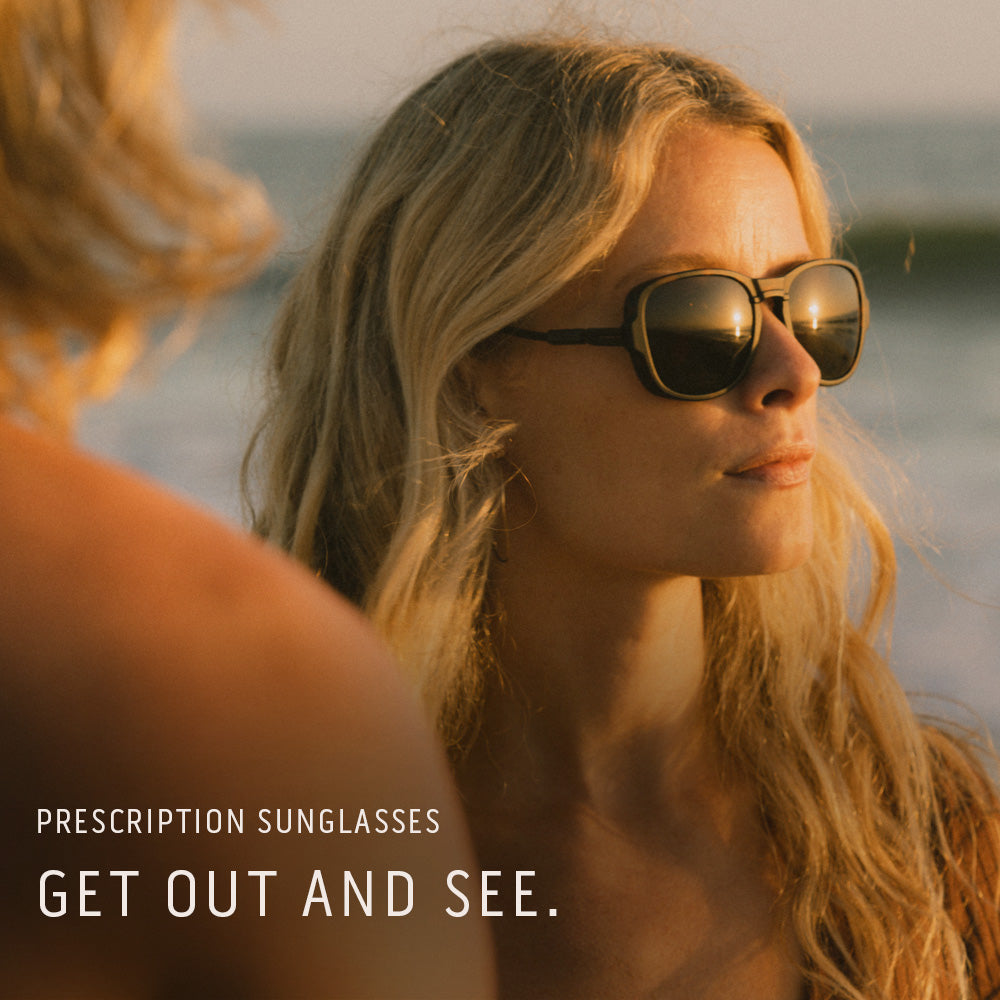Menu
- EV READERS™
Reading Glasses, Reimagined
Mobile Menu
SHOP EV READERS BY BRAND
SHOP EYEGLASSES BY BRAND
SHOP SUNGLASSES BY BRAND
SHOP READING GLASSES BY BRAND

Reading
EXTENDED VISION™ READING GLASSES
Introducing EV Readers: Reading glasses tailor-made to your measurements and designed for the way you need to see.
SINGLE VISION READING GLASSES
Handmade frames in styles by Raen, STATE Optical and L&F paired with custom-made single vision reading lenses.
EXTENDED VISION™ READING GLASSES
Introducing EV Readers: Reading glasses tailor-made to your measurements and designed for the way you need to see.

SINGLE VISION READING GLASSES
Handmade frames in styles by Raen, STATE Optical and L&F paired with custom-made single vision reading lenses.
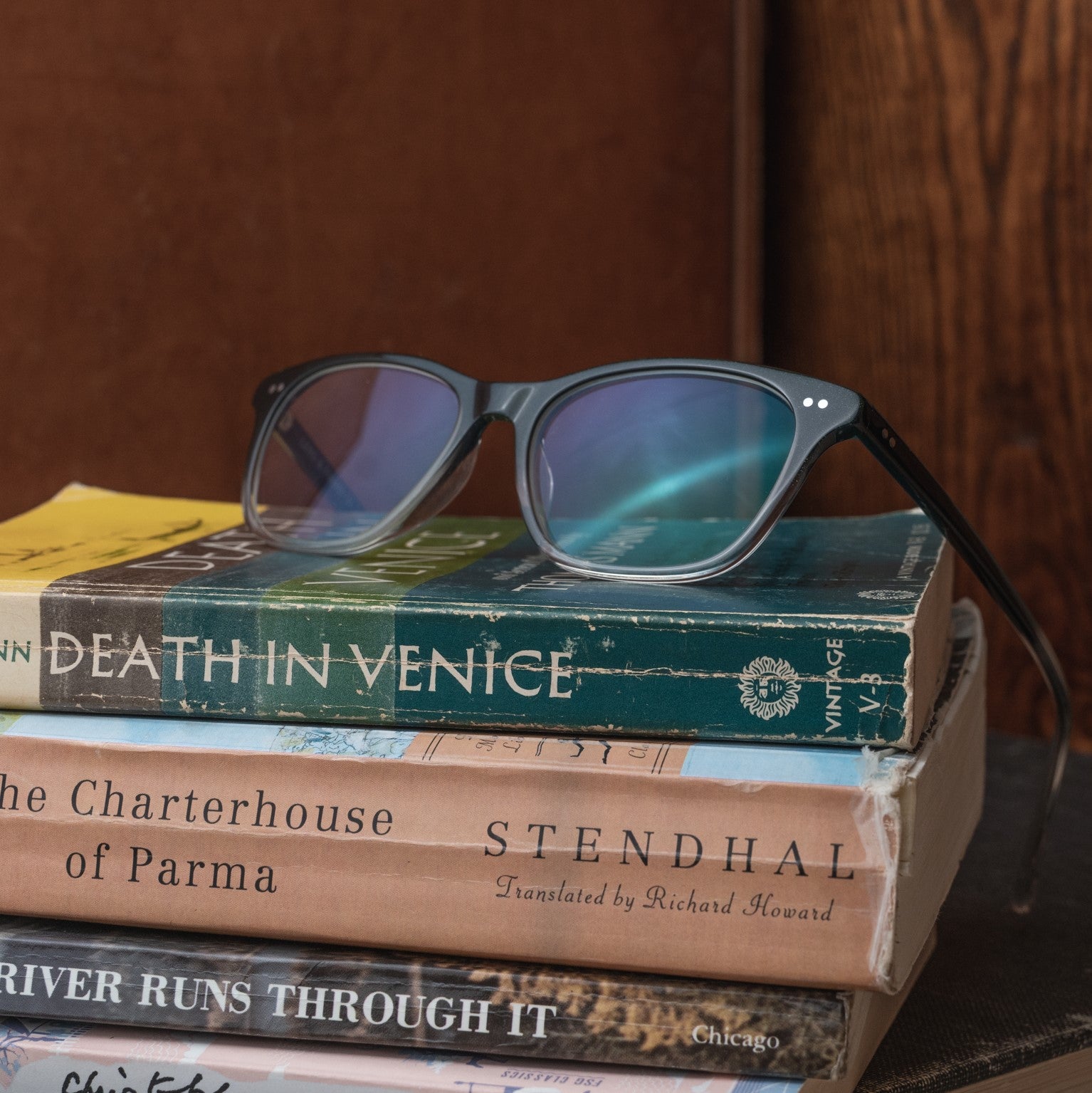
Prescription
LENSES
Now you can get custom-made lenses with premium coatings mounted into your own favorite frames. Enjoy a better reading glass experience with our collection of Extended Vision™ Reading Lenses. Or give your favorite prescription glasses a second life with our premium Rx Replacement Lenses.
Now you can get custom-made lenses with premium coatings mounted into your own favorite frames. Enjoy a better reading glass experience with our collection of Extended Vision™ Reading Lenses. Or give your favorite prescription glasses a second life with our premium Rx Replacement Lenses.
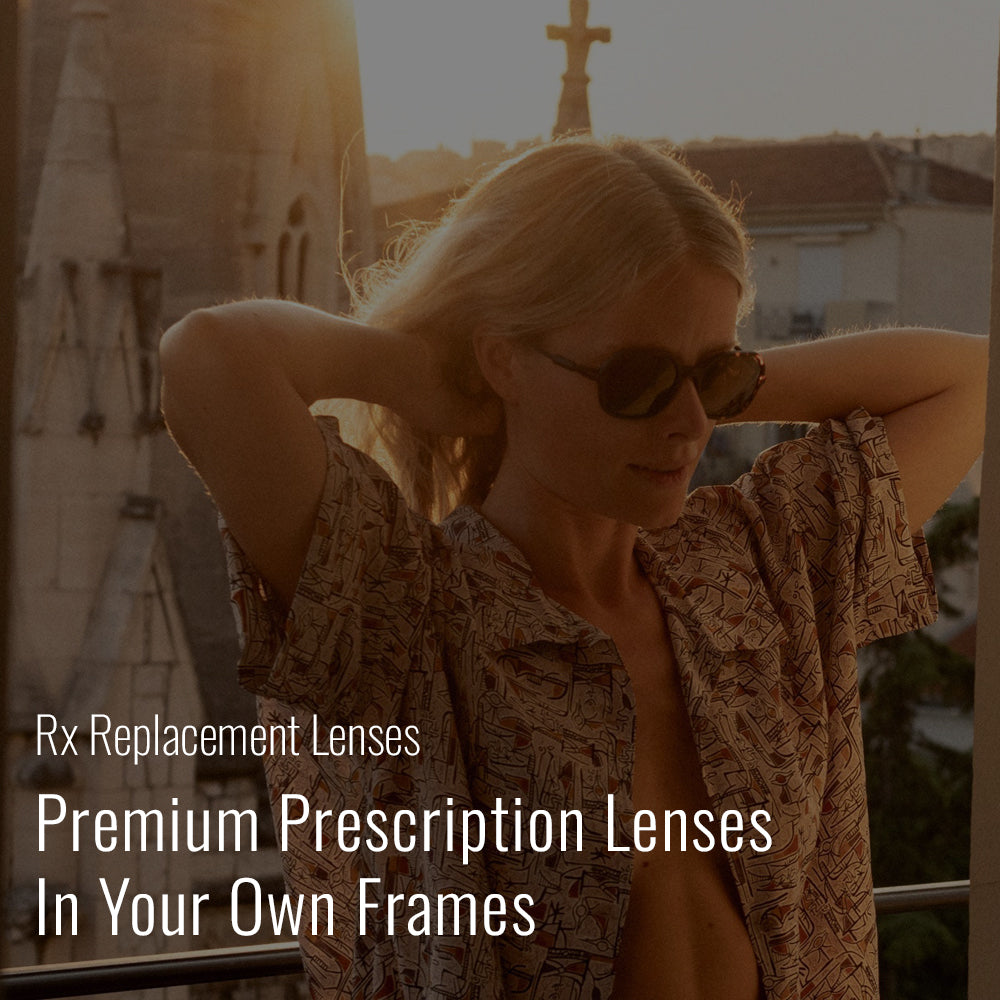
SHOP REPLACEMENT LENSES
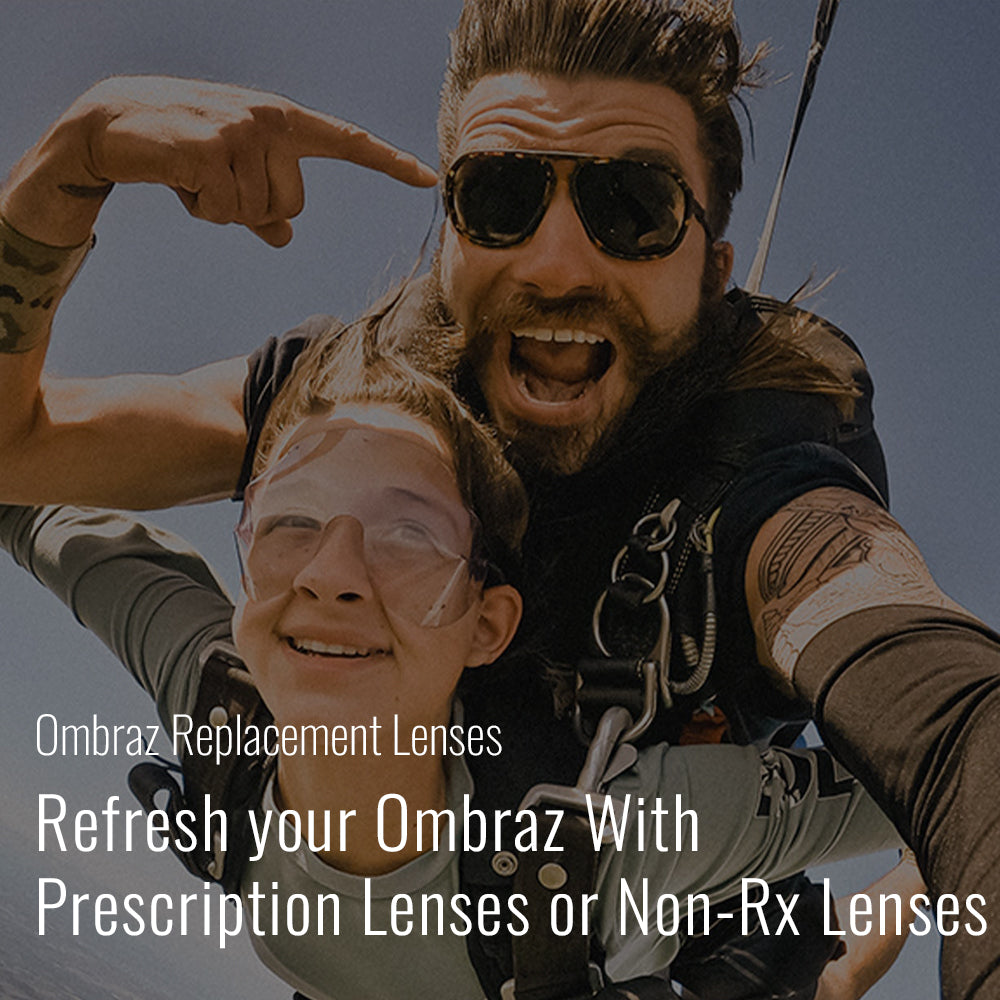
SHOP OMBRAZ LENSES
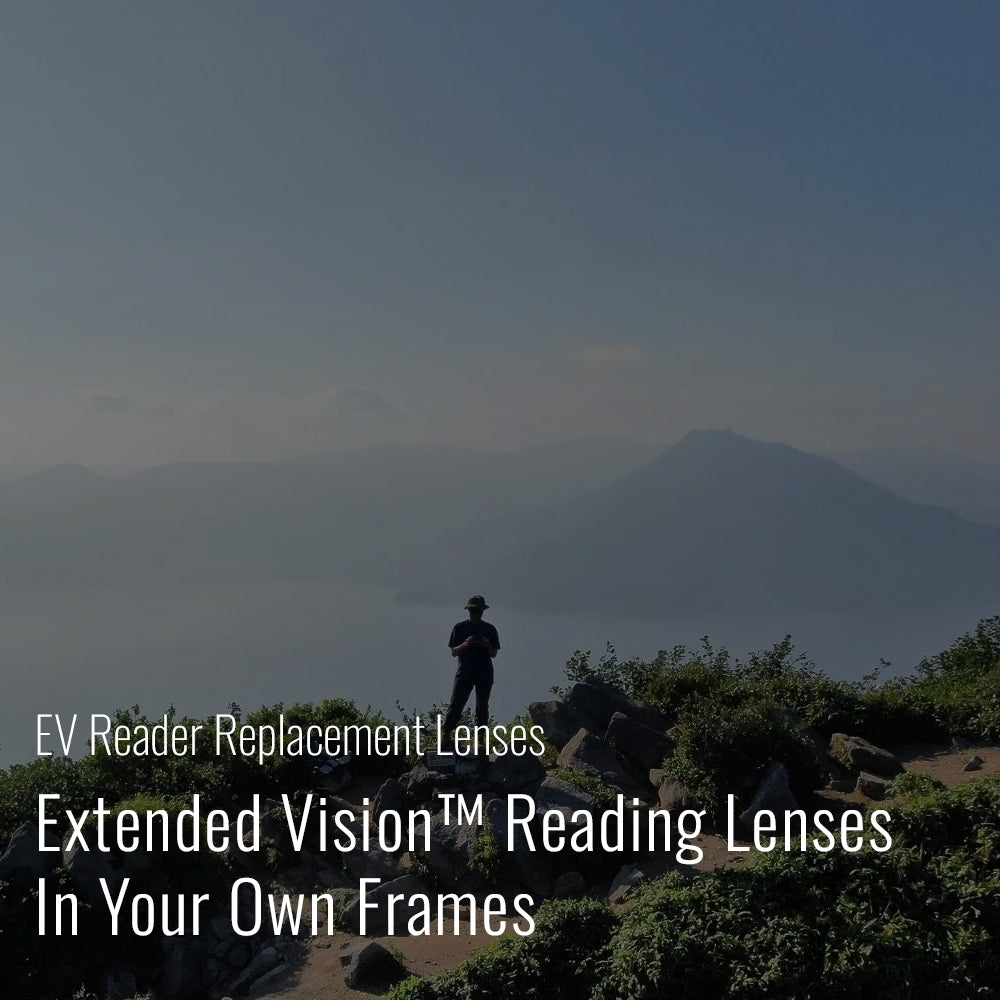
SHOP EXTENDED VISION™ READING LENSES

How to clean your eyeglasses and sunglasses
Disinfecting your eyeglasses and sunglasses is easy to do. In addition to seeing clearly through lenses that are free of smudges and fingerprints, nowadays we are doing everything we can to reduce the risk of germs on whatever we touch - especially anything near our eyes.
On our own eyeglasses and sunglasses, we use a solution of 70% isopropyl alcohol (aka: rubbing alcohol) diluted with some water and a couple drops of clear dishwashing liquid soap. This is the same solution many lens labs use. Spray the solution onto the lenses and frames, buff dry with a clean microfiber cloth. We like rubbing alcohol for a variety of reasons:
1) It is widely known to kill germs, bacteria and viruses.
2) It has proven safe to use on high quality lens materials and lens coatings, and on high quality metal and plastic frames.
3) It is commonly available.
As a precaution, we recommend using a small amount of isopropyl alcohol on the tips of the temples to ensure that the rubbing alcohol solution will not damage the frame material or colors.
Have a question about cleaning your lenses? Click this link to send us a question. We're quick to respond and we're happy to help in any way we can.
Alternatively - if you don't have isopropyl alcohol or if you are concerned about potential damage to your lenses or frames, we recommend washing your eyeglasses or sunglasses with a drop of mild dishwashing soap and warm water. Be sure to dry your lenses with a clean microfiber cloth (not paper towels or a t-shirt). In addition to washing away germs, cleaning your eyewear with dishwashing soap has the added benefit of removing oils, smudges and other grime that can accumulate on your lenses and frames.
Curious how to prevent your glasses from fogging ... or how to build your own customized eyewear quiver so you have the right lenses to do everything you need to do with the clearest vision and maximum comfort?
Also in Eyewear Explainers

How to Choose the Right Extended Vision Reader
If you’ve ever wondered why your reading glasses work great for your phone but fall apart when you look at your computer screen—or why your progressives feel awkward at your desk—you’re not alone. As our days bounce between screens, documents, and the spaces around us, one pair of “reading glasses” isn’t always enough.

A Different Way To Reader
Disappointed with cheap reading glasses that can't focus clearly between your phone and your computer screen? Expect more from your reading glasses when you step up to Extended Vision readers by Lens & Frame Co. with lenses that are custom-made to your measurements using the same lens designs and multi-layer anti-reflection coatings as top-shelf Rx Computer Progressives.

What are progressive glasses, who needs them and how do they help people see more clearly
Save 15% today
Join the L&F Insider mailing list and get 15% off your order.*
* Valid for orders over $100
Let the savings begin!
LANDF-XXXXXX
Use CodeClick the button above to automatically apply your discount code to your order.






